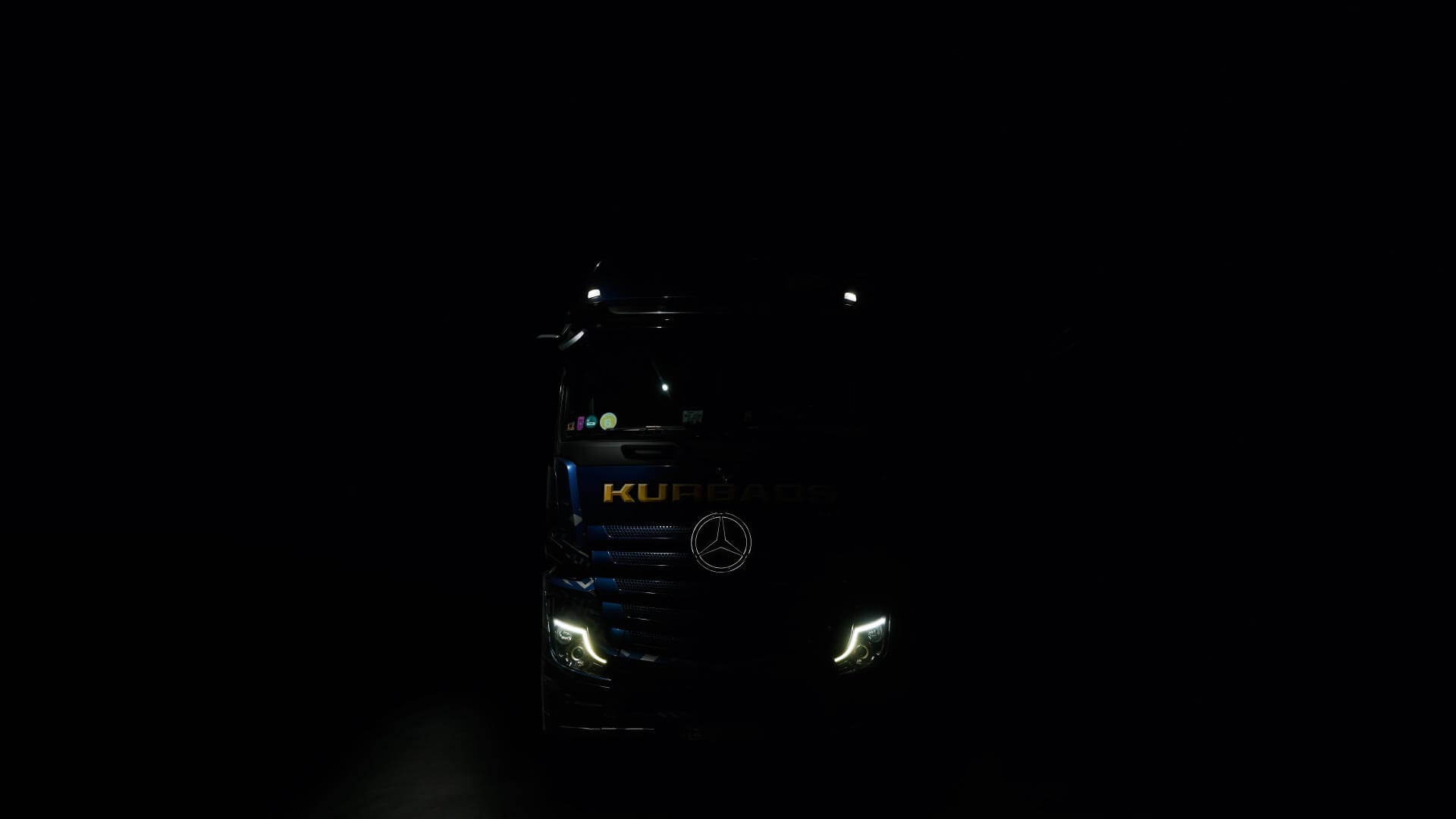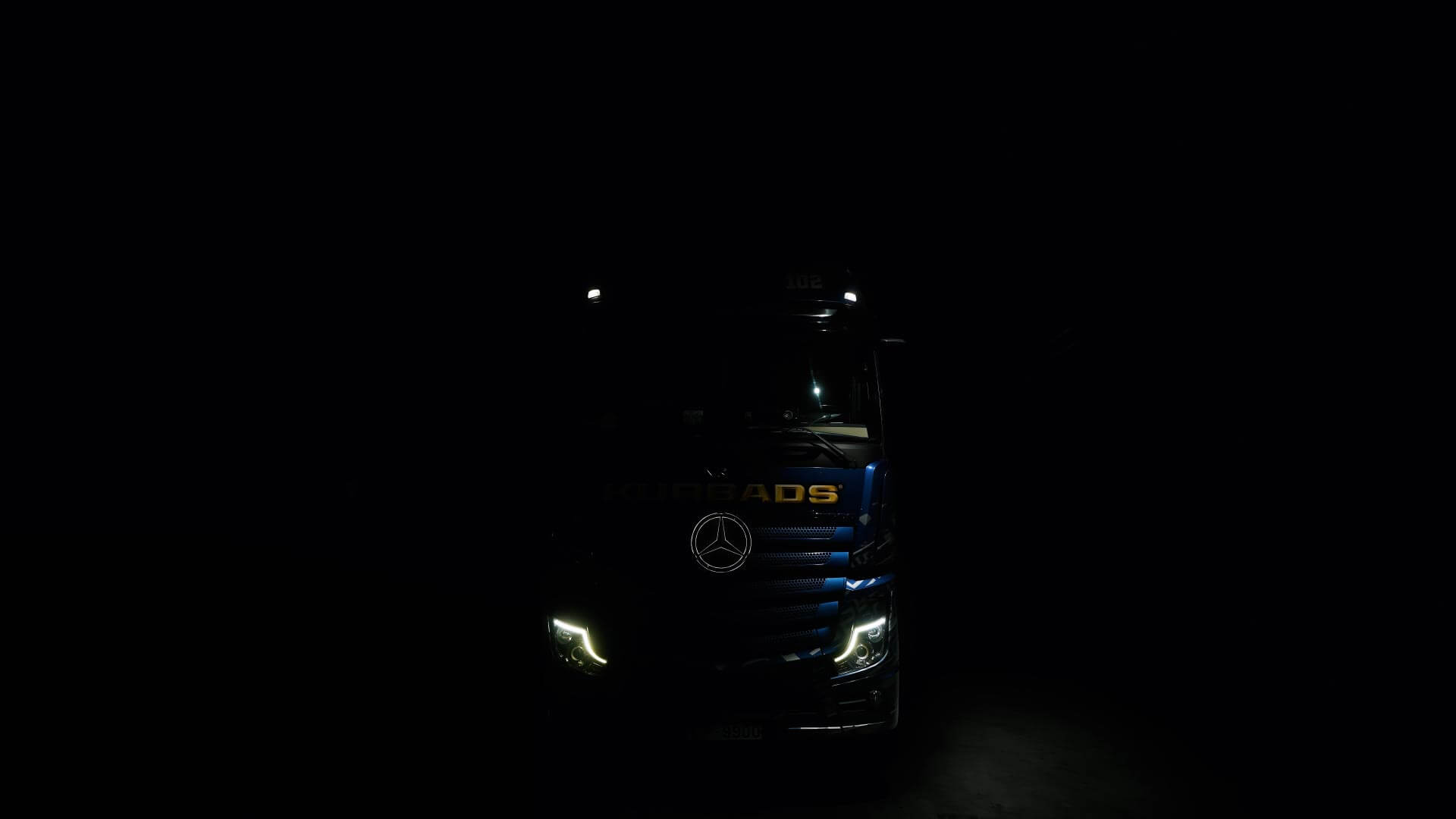Monument to engineer's ingenuity: AUDI UR-QUATTRO

The encounter between a strikingly blue 1985 Audi Quattro and the equally vibrant blue Kurbads vehicle carriers is a fantastic opportunity to revisit and savor the iconic pages of all-wheel-drive history.
The Audi Quattro became the first series production model from Ingolstadt with permanent all-wheel drive, which over time earned it the extended name Ur-Quattro.
The true and only Audi Quattro is a boxy two-door coupe with a longitudinally mounted five-cylinder turbo engine, manual transmission, lockable differentials, and a rather austere interior. It was produced from 1980 to 1991, meaning the last Ur-Quattro models "outlived" the new Audi Coupe by two years, which in 1988 was based on the widely known Audi 80 "bubble".
The technological sensation of the Audi Quattro took such deep roots that the model lasted eleven years without significant external changes, except for the original four headlights being replaced by one-piece light units in 1983, and minor improvements such as a painted composite spoiler instead of the original rubber "blade". The Ur-Quattro was last modernized in 1985, by which time nearly ten years had passed since the idea of an all-wheel-drive Audi.


Launch in Geneva
The rest, as they say, is the well-known history of the Audi Quattro. This unusually robust coupe made its debut at the Geneva Motor Show in 1980, and the first units were delivered to select Audi dealers in December of the same year.
The coupe's flamboyant appearance was enhanced by widened wheel arches, designed by British-born designer Martin Smith. The interior of the all-wheel-drive marvel was quite spartan – modest "gauges" from the Audi 80 (later replaced by liquid crystal displays), distinctive seat, door, and ceiling linings, and a steering wheel, gear shift lever, and its boot covered in leather.
And two bulbs with all-wheel-drive symbols right below the radio – locking signal lights. Yet, there was no less space in the back than in the 30 centimeters longer 6 series BMW and Mercedes SLC. Practical considerations and market interests soon prompted Audi to release a simplified Coupe model with front-wheel drive and Giugiaro design, produced in a fifteen times larger series than the Quattro (174,687 against 11,452). In 1981, Audi launched its rally program, which resulted in B group rally monsters with 600 horsepower, A1, A2, and S1 race cars, as well as the collector’s favorite 306 HP street car Audi Sport Quattro, priced at 203,000 German marks, and known for its shortened wheelbase as the "short urka."
Acceleration and especially maximum speed were hampered by aerodynamic drag, which reached 0.4 Cw units compared to competitors' 0.36 or even less. Moreover, the machine turned out to be quite thirsty – 16.6 liters in the first Auto Motor und Sport test, while Audi promised 7.9 – 10.4 liters on the highway or 15.7 liters in the city.
The insatiable appetite of the Audi Quattro largely determined its greater weight compared to the Audi Coupe. Only 75 of the 250 kilograms were due to the all-wheel drive, the rest went to the larger engine, tires, extras, and, most importantly, a 91-liter fuel tank. Over eleven years, the Audi Quattro had three engine generations, with the last having a 2.2-liter capacity, two camshafts in place of one, and four valves per cylinder. However, the most significant turn in the development of Audi Quattro engines came in 1979 when Audi was joined by Fritz Indra. Before Audi, he worked at Alpina (a BMW tuning company), where he encountered turbocharging and exotic injection systems. Having examined the original 2.1-liter "five-cylinder," Indra announced that it needed an electronic ignition system. Soon it became clear that he was right. With a more modern control system, the engine ran smoother, more powerful, and virtually without a "turbo lag." But where to get enough electronic ignition systems in such a short time before the premiere?
The domestic supplier Bosch was outpaced by the Japanese, as only Hitachi could produce and deliver the necessary electronics on time. The Japanese system turned out to be a real find, as it could recalculate the ignition point according to 250 different parameters.














































































































